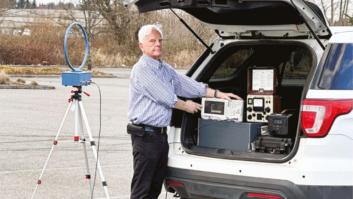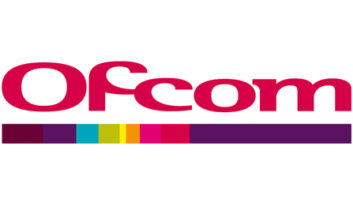Licensing is almost as confusing as dating. As soon as you’ve figured it out, the relationship changes!
Dating advice aside, let’s stick to licensing challenges awaiting all who work in broadcast and digital media. Note: I have never aspired to be an attorney and I am not playing one here. I have learned these basics through the school of hard knocks, and my objective is to alert you to what should be addressed with your local or corporate legal eagles.
It’s really true: You can’t simply use any image you want on your radio station website nor for your social media channels. Just because you found the perfect photo/image on Google Images doesn’t give you the right to take it, even if you credit Google or the creator of that image. This is copyright infringement and the damages can be significant, as in many thousands of dollars.
More specific pitfalls abound. I caution you not to assume that an image labeled for free use in “Creative Commons” will in fact be free game, as it may not be a commercial license.
Once, I was fined for using an image from Creative Commons that its owner claimed was stolen from a stock company and somehow found its place there. If that’s not sobering enough, a common scam is for photographers to place an image in Creative Commons and then demand payment when you actually use that so-called “free” image.
Now, maybe you’re thinking that creating an image using artificial intelligence will protect you. Think again, Bucko! That AI tool you used may have been trained using images without permission and the result of your AI. masterpiece is too close to the original to be okay.
But stock images should be fine, right? Maybe. It’s all about the license and how you use it. If you license an image for, say, your website, you haven’t necessarily gained the right to use it on your social media channels unless indicated specifically in the license. Neither may you give that licensed image to someone else to use; that’s a “third-party pass through,” and you will not be partying when you get the bill.
Music and content for podcast and streaming licenses are similarly complicated. You may not use music or content that you do not own, unless you create it or obtain proper licensing. Do not assume that because you have an ASCAP/ BMI license for broadcast, you are also covered for every other use; that license must specify those rights.
To keep it simple, consider creating your own material, or hire someone who can create it for you and pay them for a license to use it.
One more thing. I’m sure you’ve heard the term “fair use,” which is a legal term that permits the use of copyrighted material without permission under certain circumstances. But it’s still risky to use that imagery, content, audio or video for commercial purposes without knowing the specifics. If questioned, the citing of “fair use” is a weak defense. That said, you may well have standing if using the material for comedy, a new purpose or news.
This is not legal advice. But if I’ve opened your mind sufficiently to realize that, when in doubt, confer with an expert, then I feel good. Sure, James Brown said that, but I can claim fair use because it’s a (weak) joke, used for a new purpose, and besides, who could claim copyright on that everyday phrase?







